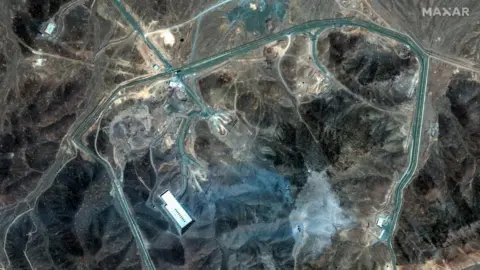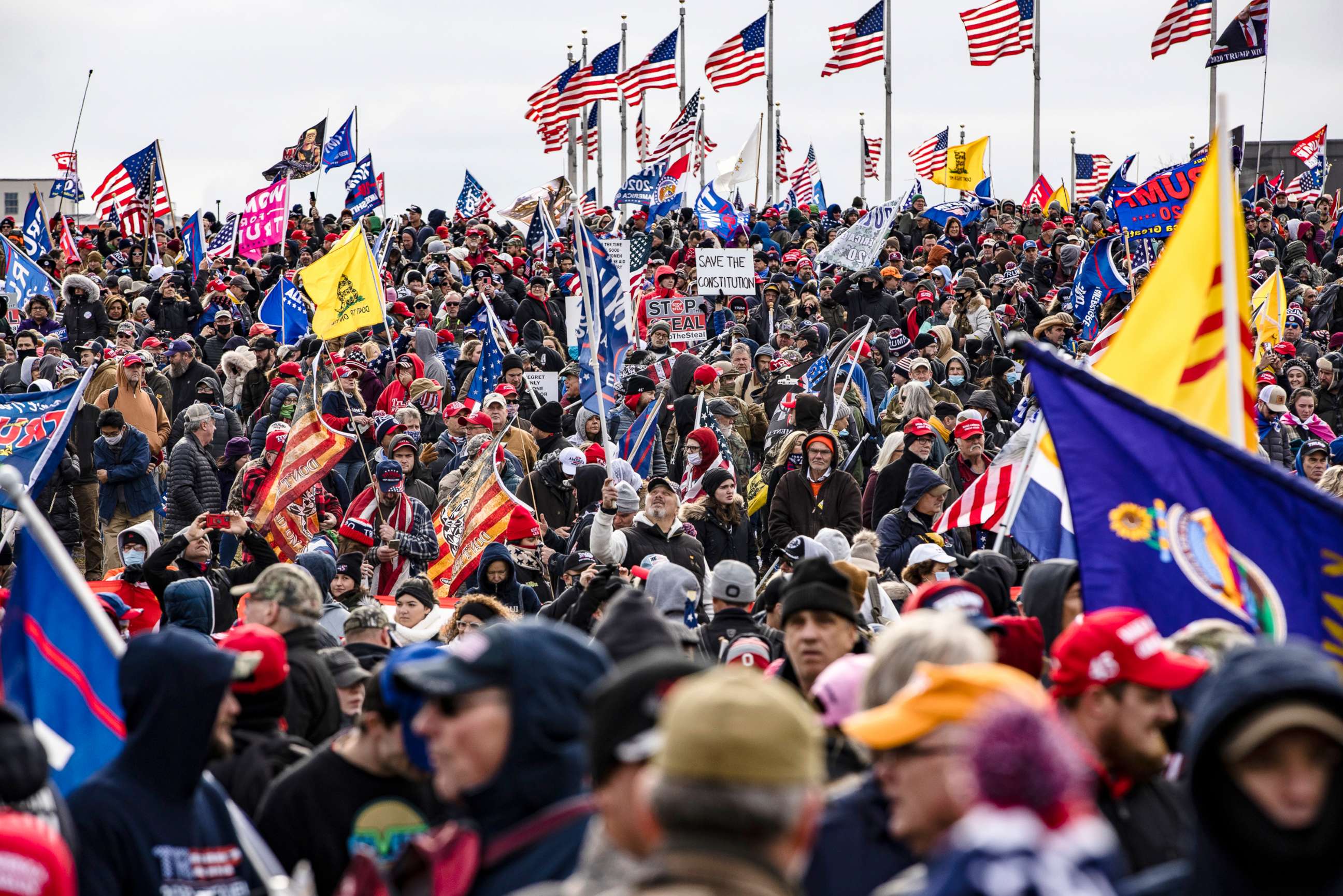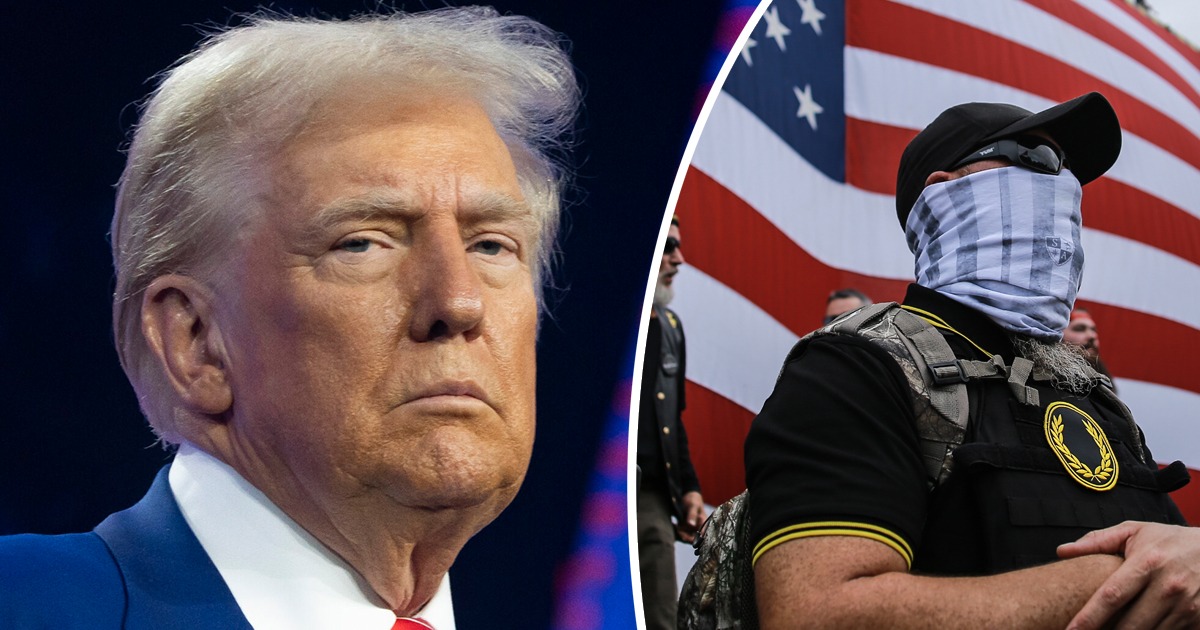The United States conducted military strikes on Iranian nuclear facilities in a dramatic escalation of tensions between the two countries. This development has prompted strong reactions from world leaders and raised questions about the stability of the Middle East. Domestically, it has also generated debate among supporters and critics of former President Donald Trump.

U.S. Strikes on Iranian Nuclear Facilities
According to U.S. Department of Defense statements and mainstream media outlets such as Reuters, The Associated Press, and BBC News, the U.S. military launched targeted strikes on Iranian nuclear facilities in an effort to limit Iran’s nuclear enrichment capabilities. These sites reportedly included facilities in Fordo, Natanz, and Isfahan—locations known to house significant parts of Iran’s nuclear infrastructure (Sources: IAEA reports, Reuters).
The stated objective of the U.S. operation was to degrade Iran’s ability to develop nuclear weapons. U.S. officials have long expressed concerns about Iran’s enrichment activities, especially after the collapse of the Joint Comprehensive Plan of Action (JCPOA), also known as the Iran nuclear deal, from which the U.S. withdrew in 2018 (Source: U.S. State Department).
The Biden and Trump administrations alike have framed Iran as a security threat, though their approaches have differed. Historically, these tensions have been a central feature of U.S. policy in the Middle East.
International Reactions
United Nations
United Nations Secretary-General António Guterres has consistently urged all parties to avoid escalation in the Middle East. In response to the strikes, UN officials reiterated the importance of restraint and diplomacy to prevent a wider conflict (Source: UN News).
Iran’s Government
Iranian officials condemned the strikes, describing them as violations of international law and sovereignty. The Iranian Ministry of Foreign Affairs has stated that Iran reserves the right to respond in self-defense under Article 51 of the UN Charter. This position is consistent with Iran’s longstanding view of its right to develop nuclear technology for peaceful purposes, while denying any intent to build nuclear weapons (Source: Iran MFA, UN Charter).
Israel
Israel has long regarded Iran’s nuclear program as a major threat. While official Israeli statements have not disclosed operational involvement in the strikes, Israeli leaders have consistently welcomed strong international action to limit Iran’s enrichment capabilities. Israeli policy has centered on deterrence and preemption against perceived existential threats from Iran (Source: Israeli Ministry of Foreign Affairs).
Other Major Powers
-
China has condemned military escalation and called for a diplomatic solution, emphasizing the importance of maintaining the JCPOA framework.
-
The United Kingdom has urged de-escalation and reiterated support for regional stability, highlighting the complex security dynamics in the Middle East.
These positions reflect broader geopolitical divides over Iran policy and the appropriate use of force in international relations (Sources: BBC, Reuters).
Regional Impact and Security Concerns
The Middle East remains one of the world’s most volatile regions, with longstanding rivalries, sectarian tensions, and proxy conflicts. Military action in Iran risks triggering retaliatory attacks, impacting neighboring countries, and potentially disrupting global oil supplies. These dynamics have been repeatedly analyzed in reports from the International Crisis Group and the Council on Foreign Relations, both of which emphasize the need for diplomatic engagement to avoid escalation (Sources: International Crisis Group, CFR).

Domestic U.S. Political Context
Military action abroad often generates domestic debate. Historically, U.S. presidents have faced both support and criticism when authorizing major strikes.
Polling data (e.g., from Pew Research Center and Gallup) show that Americans often divide along partisan lines on foreign policy and military intervention. While some view strong military action as essential to national security, others express concerns about unintended consequences, costs, and the risk of entanglement in prolonged conflicts.

Trump’s Relationship with Far-Right Groups
During his presidency, Donald Trump received varying levels of support from numerous political groups and constituencies. Among them was the Proud Boys, a group classified as an extremist organization by experts at the Southern Poverty Law Center and the Anti-Defamation League (Sources: SPLC, ADL).
While the group’s public statements are not necessarily representative of the broader electorate, it is a matter of record that the Proud Boys have in the past expressed support for Trump, including during the 2020 election cycle. However, political groups frequently shift their positions based on policy disagreements. Extremist and fringe groups have sometimes broken with political figures over perceived betrayals of their priorities.
Reports from credible outlets like Reuters and NBC News indicate that some social media accounts affiliated with the Proud Boys criticized potential U.S. involvement in broader Middle East conflicts, framing it as contrary to an “America First” agenda. These criticisms are part of a larger trend in which certain populist and nationalist groups oppose foreign military interventions (Sources: Reuters, NBC News).
It is important to note that while these groups may make threats to withdraw support, they do not constitute a significant proportion of the U.S. electorate. The Proud Boys’ views should be understood within the broader context of U.S. politics, where opinions on foreign policy vary widely and are influenced by many factors.
Conclusion: Complex Reactions to Military Action
The recent U.S. military strikes on Iranian nuclear sites mark a significant development in U.S.-Iran relations. The strikes were intended to disrupt Iran’s nuclear enrichment capabilities, a longstanding source of international tension.
International responses have ranged from condemnation to cautious support, reflecting the complex, often contradictory interests of global and regional powers. Meanwhile, U.S. domestic reactions reveal the challenge of maintaining unified political backing for military interventions abroad.
Analysts continue to warn of the risks of escalation in the Middle East. The situation underscores the need for sustained diplomatic efforts, regional security frameworks, and careful consideration of the humanitarian consequences of military action.
By grounding analysis in reputable, verifiable sources, it becomes clear that the situation is highly complex, with no easy solutions. Avoiding escalation will require careful diplomacy, international cooperation, and a commitment to the norms of international law.

Sources:
-
U.S. Department of Defense
-
U.S. Department of State
-
International Atomic Energy Agency (IAEA)
-
United Nations
-
Reuters
-
BBC
-
Associated Press
-
Council on Foreign Relations
-
International Crisis Group
-
Pew Research Center
-
Gallup
-
Southern Poverty Law Center
-
Anti-Defamation League
